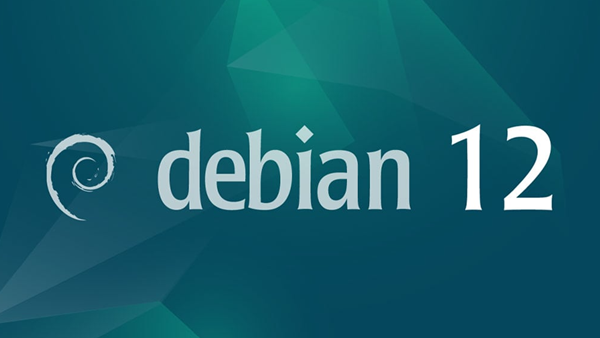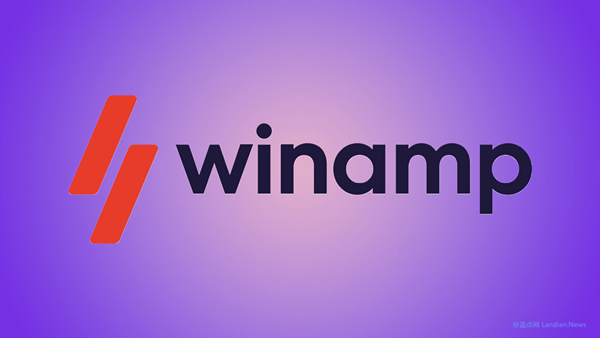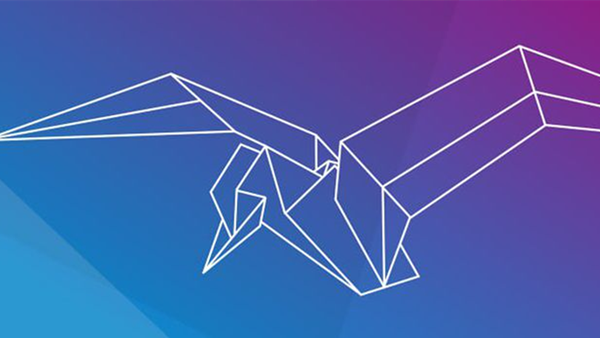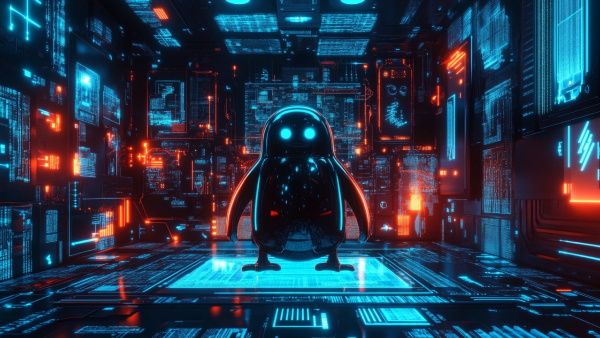Linux Kernel Project Removes Entries of Several Russian Contributors Due to "Compliance Requirements"
Technology, it seems, is not without its borders, even for a project of the caliber of the Linux Kernel, which can also be affected by certain issues.
Recently, the Linux Kernel project group removed the entries of several Russian contributors/maintainers who had submitted patches or codes. The explanation given for the removal of this information was due to various compliance requirements, stating that some entries were removed and could potentially be reinstated if sufficient documentation is provided. (Note from Landian.news website: It's important to highlight that the submitted code was not deleted, but rather the change records submitted by these contributors/maintainers were removed.)
An examination of the Linux Kernel 6.12-rc4 merge log by the Landian.news website also noticed this situation, where submitter information for multiple code changes involving drivers, microarchitectures, controllers, and file systems was deleted.
A common trait among these removed entries is that their submitters were either Russian or associated with Russia, with some of the maintainers being connected to Baikal Electronics, a Russian state-owned enterprise.
Baikal Electronics is a processor manufacturer supported by Russia and is dedicated to developing Russian-made processor products. Although its performance still significantly lags behind Intel and AMD, these processors are currently used in Russian government departments and banks among other institutions.
Considering that some of the devices use the Linux system, engineers from Baikal Electronics have also submitted code to the Linux Kernel project to improve or make their processors compatible.
Since it's the change entries and not the patches or codes themselves that were removed, for example, the driver code changes submitted by engineers from Baikal Electronics are preserved (retained in the beta version, with further observation needed to see if they can be successfully merged into the official version), the situation is somewhat paradoxical.
That is, the Linux Kernel still accepts changes submitted by Russian contributors/maintainers, but cannot officially recognize them as kernel maintainers. Since the code undergoes rigorous review, merging it is not an issue.
Currently, the project group has not disclosed what is meant by sufficient documentation. However, given the current sanctions the United States has imposed on Russia, it is estimated that the Linux Kernel will continue to obscure the information of Russian contributors/maintainers due to these compliance issues for the time being.










